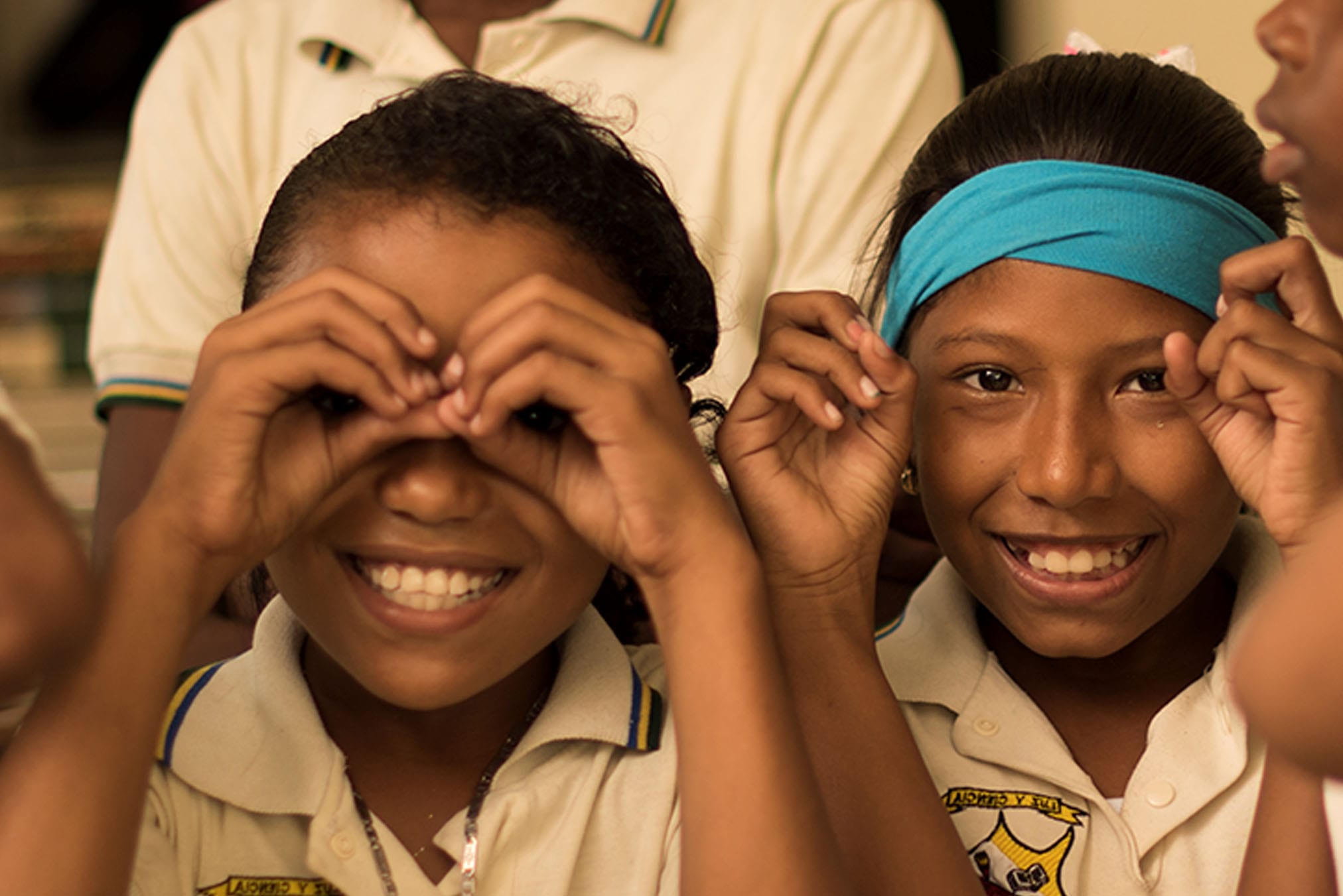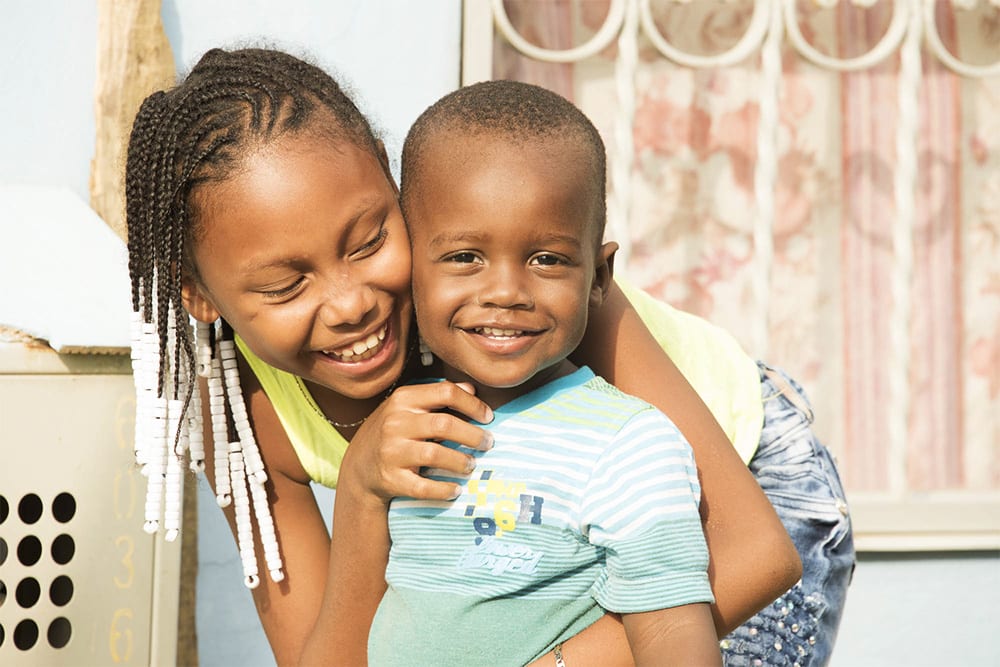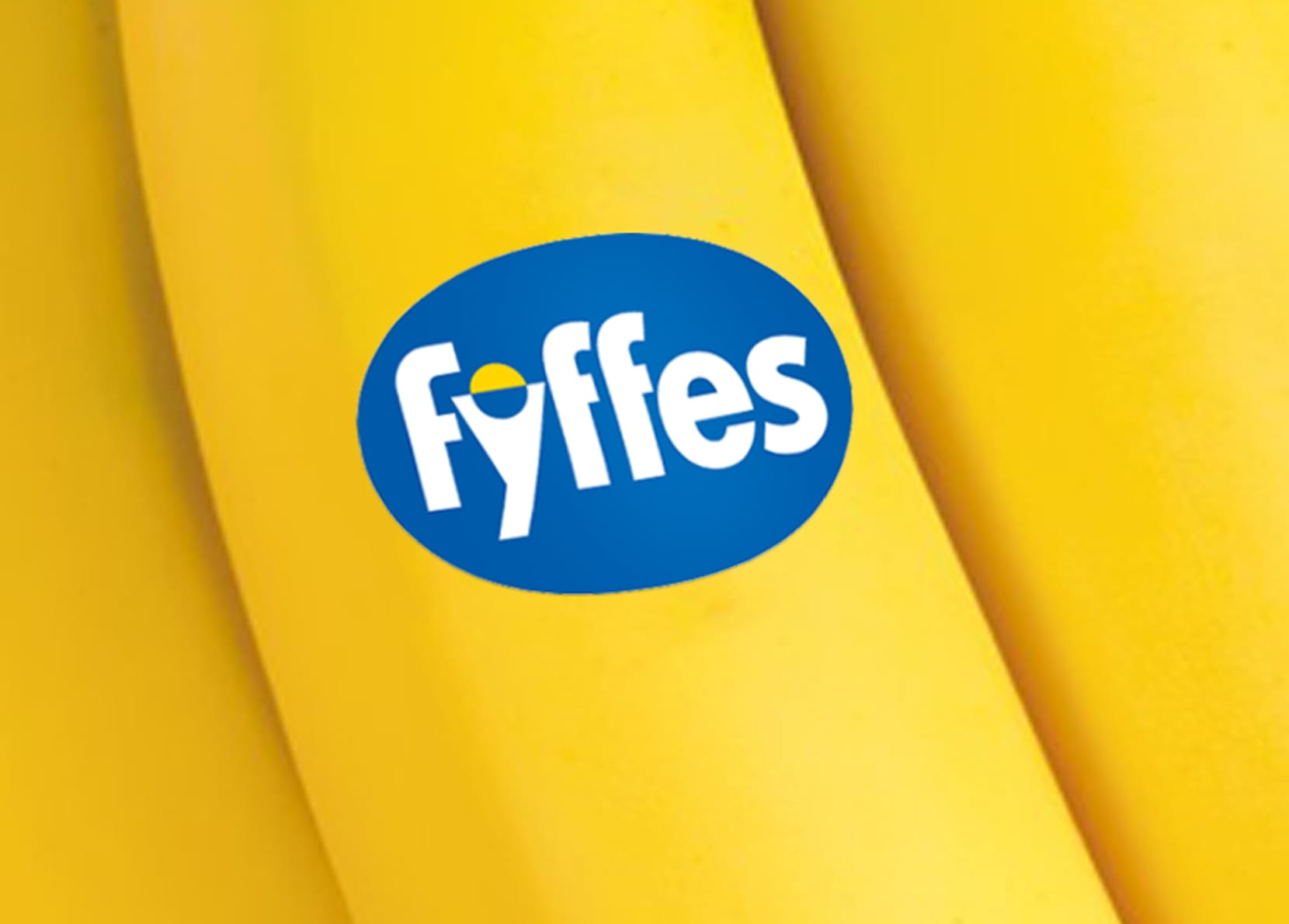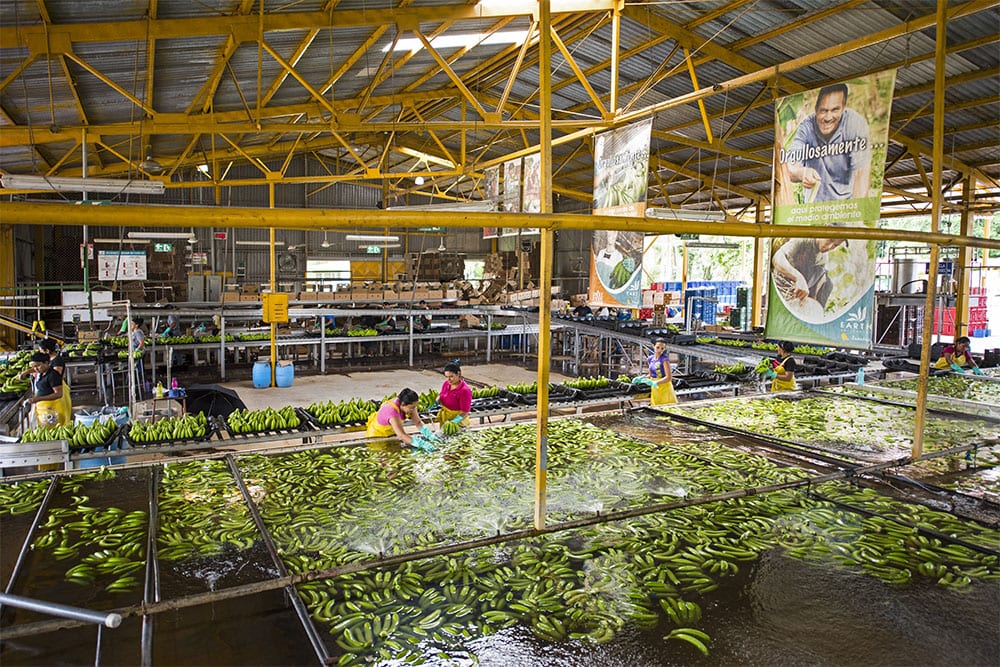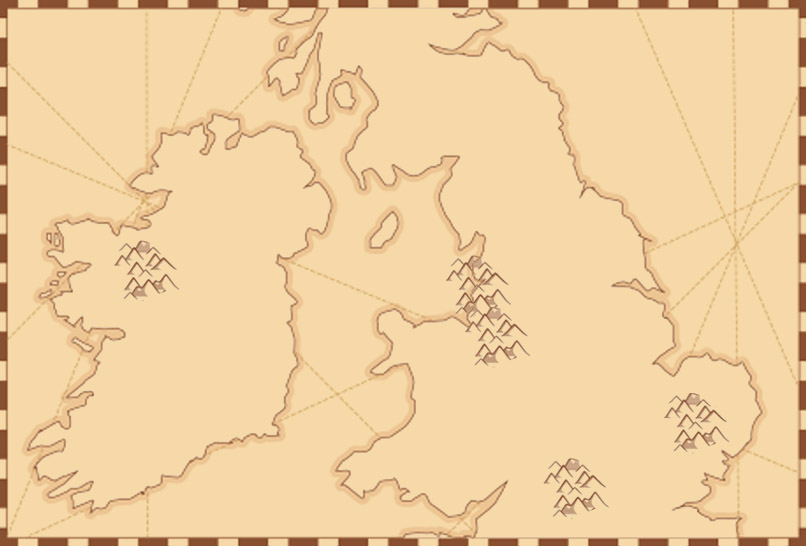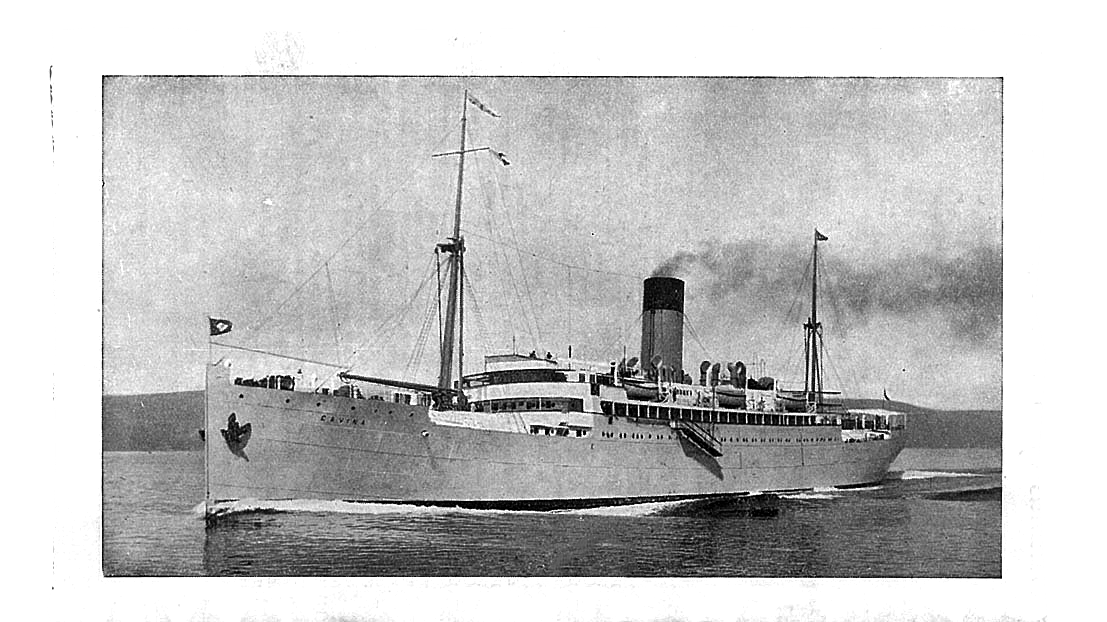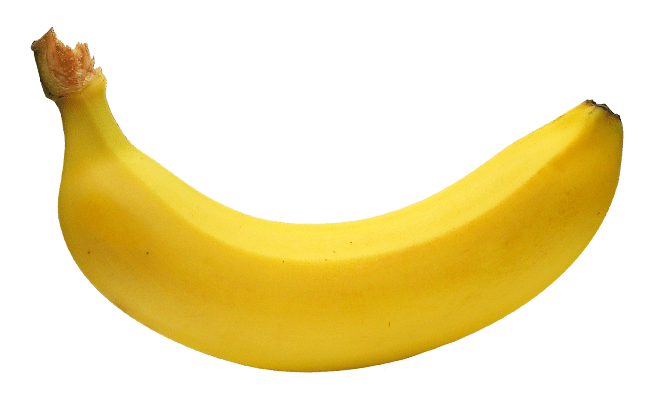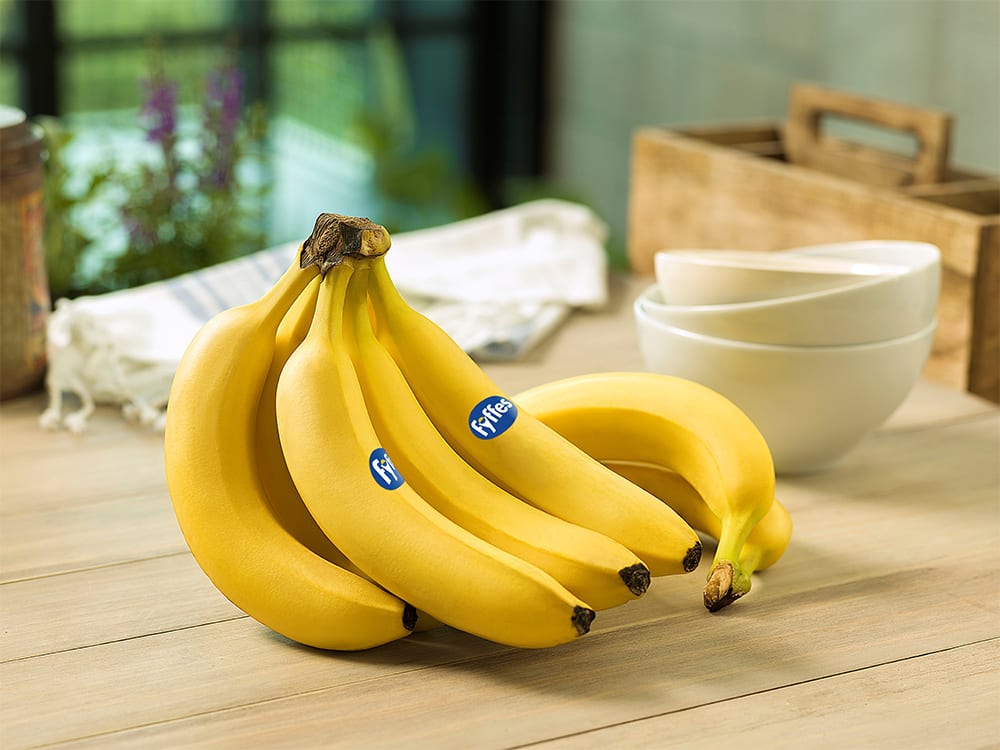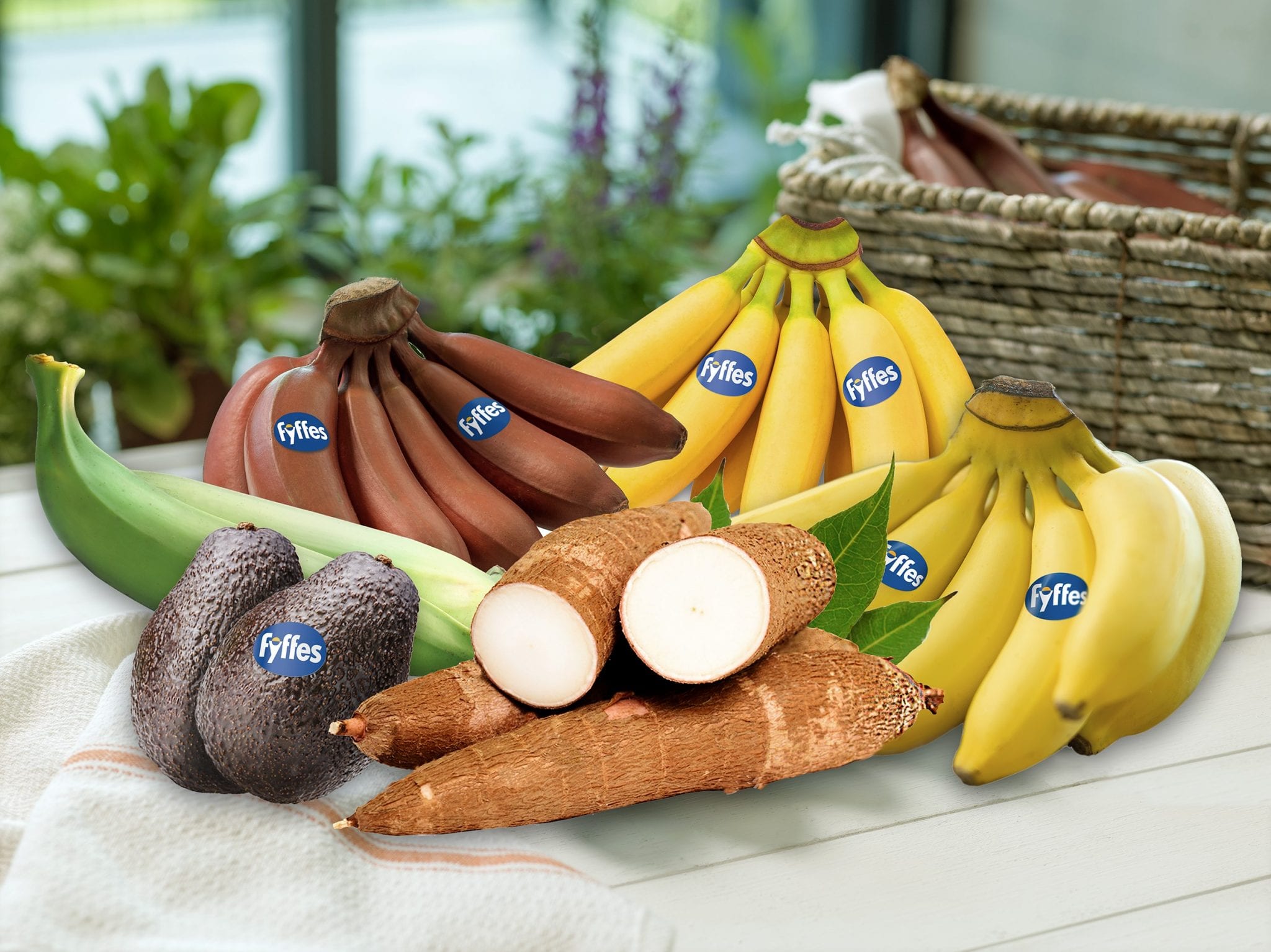Our Blue Label has been recognized as a symbol for quality, freshness and great tasting produce. Growing the best fruit requires dedication and attention to detail. The difference in quality and consistency can be impacted by many factors, like how far apart we plant the small banana plants (6 feet is ideal), or how many ‘hands’ of bananas are on each stalk (8 is the target), or the exact temperature set in the shipping containers that bring the fruit to its final destination. (13.5 degrees).
We use proven systems that help us to question, control and improve the way we do everything: from first planting, to loading and shipping the fruit around the world, to preparing the ideal conditions for the fruit to finally leave our warehouses and go to your local store. Many processes, developed by us, are now standard in the industry.





